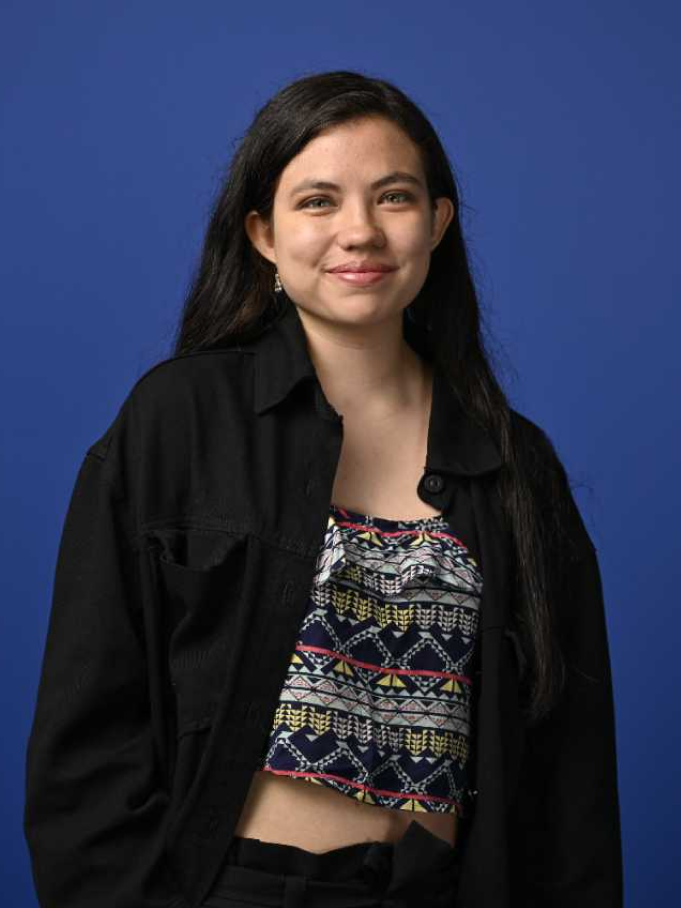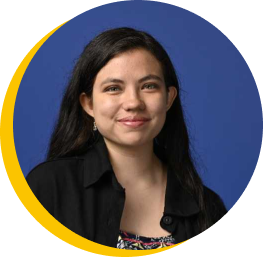• You can explore our platform
• Your child will love our fun interactive lessons
Join now and get up to 2 months of free learning with your subscription plan.
Choose 6 or 12 months - the longer you study, the bigger your bonus.
savings compared to standard packages.
Submit your request → our manager will help you activate your bonus.
C++ Coding for Kids
The course suits anyone who wants to start their way in programming, especially it will be useful for high school students who will soon take exams after school, since many exams are allowed to solve problems in C++. After the course, the student will have a lot of experience with various tasks and mini-projects, which the student will be able, for example, to show in some admissions committee, if necessary.
Java, JavaScript, C#, and many other programming languages are based on the principles of C++. For these reasons the curriculum of the universities contains the course in ¨pluses¨, which goes after the study of basics in C.
Who are the С++ classes suitable for?
It is good, if a student has already learnt the basics of programming and the child is confident in Math.
It is suitable for students from the age of 12.
What will students learn?
Main topics:
- Introduction: variables, constants, data types, data type conversion, console input and output;
- Basic constructions: expressions, conditions, conditionals,, loops, lines, transfer-of-control statement, file handling, vectors;
- Indicators and arrays: static and dynamic arrays, sorting;
- User data type: structures;
- Module programming: functions, recursion;
- Basics of object-oriented programming (OOP): classes and objects, encapsulation, inheritance.
Children do a lot of tasks on every topic. After the learning of basics, one can strike into the work with algorithms, task solutions or creating games (including graphic games).
The student will try to implement basic sorting and search algorithms on his own.
Examples of our students' projects
- The Calculator projectYaroslav's calculator can not only add, multiply, subtract, divide, but also raise to a power or extract the square root. In addition, Yaroslav himself came up with and implemented the interface for his project! For example, you can see the result of calculating 3 ^ 5 (3 to the power of 5).
- The converterThe converter from xml format to json and vice versa (json -> xml), where xml is an extensible markup language, json is a text format for presenting structured data based on the syntax of a JavaScript object. The program is written in C++ using the cross-platform QT development tool. Gleb made the first attempts to create a converter in Visual Studio using the boost library, but the translation from xml to json was performed incorrectly. Then it was decided to use the tools of the QT library to solve the problem. Similar tasks are solved at the senior courses of the university, and Gleb coped while still a schoolboy at our C++ courses
The C++ course is taught by top-tier tutors














The student will not only learn how to program but will also gain insights into the deeper processes occurring within computer memory.
The student will not only learn how to program but will also gain insights into the deeper processes occurring within computer memory.



















